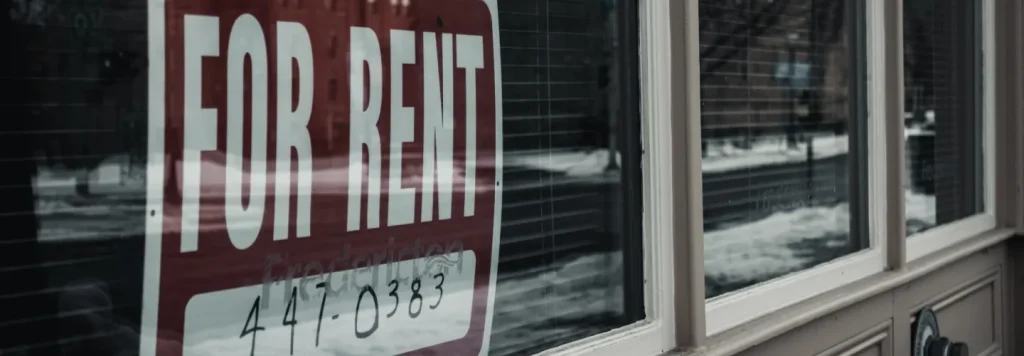There is no one size fits all solution when it comes to insurance for commercial properties. It’s critical to understand your specific coverage requirements whether you operate a manufacturing facility, retail store, office space, or another kind of commercial property. With the help of Travelers Insurance, let’s examine the many types of insurance for commercial properties and the particular coverage needed for each.
Safeguarding Your Stock and Clients in Retail Settings
Inventory management is essential to the functioning of retail businesses. Retail spaces should have comprehensive commercial property insurance that covers not only the building’s outside but also its interior, including its equipment and inventory. Liability insurance is also essential to safeguard against possible injuries sustained on the property.
Additionally, implementing a robust inventory tracking system helps prevent stockouts and overordering, which can significantly impact profit margins. Regular audits of both inventory and insurance coverage ensure that the business maintains appropriate protection while operating efficiently.
Protecting Property and Operations in Office Buildings
Office building owners must prioritize securing the building’s structure as well as the vital machinery and technology contained within it. Offices need business interruption coverage to make sure they can keep running even in the event that the property becomes temporarily unusable. It is essential for businesses to have liability coverage, particularly if they entertain clients or visitors.
Production and Equipment in Manufacturing Facilities
Production and equipment can be expensive investments. Manufacturing facilities should have comprehensive commercial property insurance that covers the building’s physical structure, equipment, and raw materials.
Coverage for business interruption can also be essential to minimizing losses when covering events that cause disruption. This type of insurance helps recover lost income and ongoing expenses during downtime, including employee payroll, lease payments, and loan obligations. It can also cover the additional costs of temporarily relocating operations or expediting repairs to resume production as quickly as possible.
Handling Special Risks in Restaurants and Hospitality
There are several particular dangers that restaurants and hospitality firms must deal with that other industries may not. Possible food borne illnesses and client mishaps are key factors to consider. It’s crucial to have coverage for perishables, kitchenware, and responsibility for client injuries or property damage. The long-term viability of these companies depends on the coverage being customized to certain industry risks.
Employee safety is another critical consideration, particularly in commercial kitchens where burns, cuts, and falls are common occupational hazards. Regular staff training in food safety protocols and proper documentation of food handling procedures can help mitigate these risks and potentially reduce insurance premiums.
Managing Property and Liability in Commercial Real Estate
Individualized coverage for commercial properties is crucial for property owners who rent out business spaces to renters. This should include building coverage, common area coverage, and liability protection.
Property owners should also consider environmental liability coverage for potential hazards like asbestos or mold, and ensure their policy includes coverage for parking areas, landscaping, and external fixtures.
Digital Asset Protection with Technology and Data Centers
Companies in the technology sector need specific insurance for their priceless digital assets. This covers cybersecurity safeguards, server protection, and data storage facility protection. A thorough commercial property insurance coverage ought to take into account the particular hazards that are specific to technology companies.
Additionally, technology errors and omissions (E&O) insurance may also be a rational consideration to protect against claims arising from software bugs, system failures, or service delivery issues. With the continuous rise of remote work, policies should also address the risks associated with distributed workforce environments and employee-owned devices accessing company networks.
Finding The Right Insurance For Commercial Properties
Insurance that fits all commercial properties is not appropriate given the specific landscape for each industry. Ensuring that your firm is safeguarded against unanticipated events requires customizing your commercial property insurance to your sector and specific risks.
Take the time to evaluate your assets, processes, and any risks in order to create a thorough insurance plan that will protect the success of your company. If you’re still on the fence about which insurance carrier is right for you, consider reaching out to The Feltner Group, or learn more about your options for insurance for commercial properties here.
